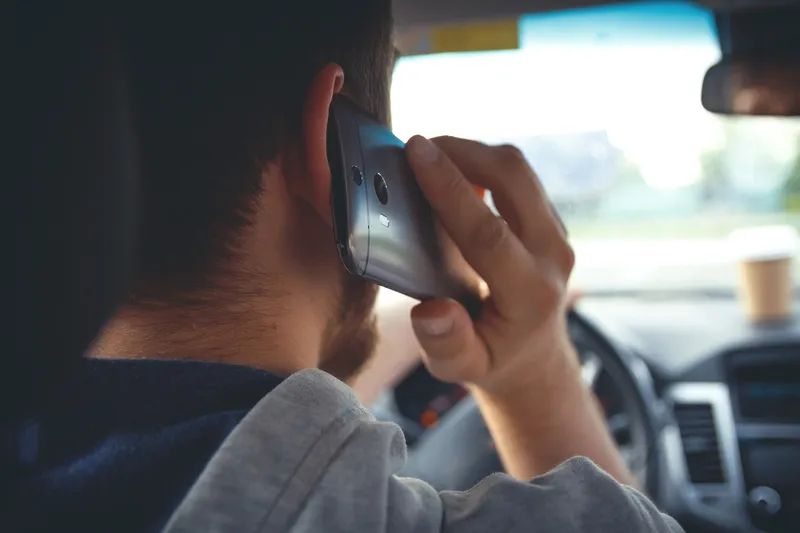A study by the Institute for Transportation and Development Policy (ITDP) shows cycling, rather than travelling by car or bus, as the fastest way of travelling in Buenos Aires city. By bike, it takes 26 minutes to travel between Parque Centenario and Plaza de Mayo, compared to 40 minutes that takes by bus and 41 minutes by car. The journeys were at the same time (8:50AM). The average speed for a bike is 16.2km/h, compared to 10.5km/h for a bus and 10.3km/h for a car. Because of parking, car travel is the mo
May 9, 2012
Read time: 2 mins
A study by the 5466 Institute for Transportation and Development Policy (ITDP) shows cycling, rather than travelling by car or bus, as the fastest way of travelling in Buenos Aires city. By bike, it takes 26 minutes to travel between Parque Centenario and Plaza de Mayo, compared to 40 minutes that takes by bus and 41 minutes by car. The journeys were at the same time (8:50AM). The average speed for a bike is 16.2km/h, compared to 10.5km/h for a bus and 10.3km/h for a car. Because of parking, car travel is the most expensive way of travelling and also the most unsustainable one.
Meanwhile, an increase in the cost of underground fares in Buenos Aires city has driven users away. The first quarter of 2012 saw a 14 per cent drop in the number of underground passengers, soon after the standard fare more than doubled. The underground system was used by 56.11 million passengers in the first three months of 2012, down from 65.43 million in the same period of 2011. In contrast, the number of bus passengers rose 10.7 per cent. The amount of traffic going through the city's road entrances increased 13.7 per cent in March alone.
Meanwhile, an increase in the cost of underground fares in Buenos Aires city has driven users away. The first quarter of 2012 saw a 14 per cent drop in the number of underground passengers, soon after the standard fare more than doubled. The underground system was used by 56.11 million passengers in the first three months of 2012, down from 65.43 million in the same period of 2011. In contrast, the number of bus passengers rose 10.7 per cent. The amount of traffic going through the city's road entrances increased 13.7 per cent in March alone.









